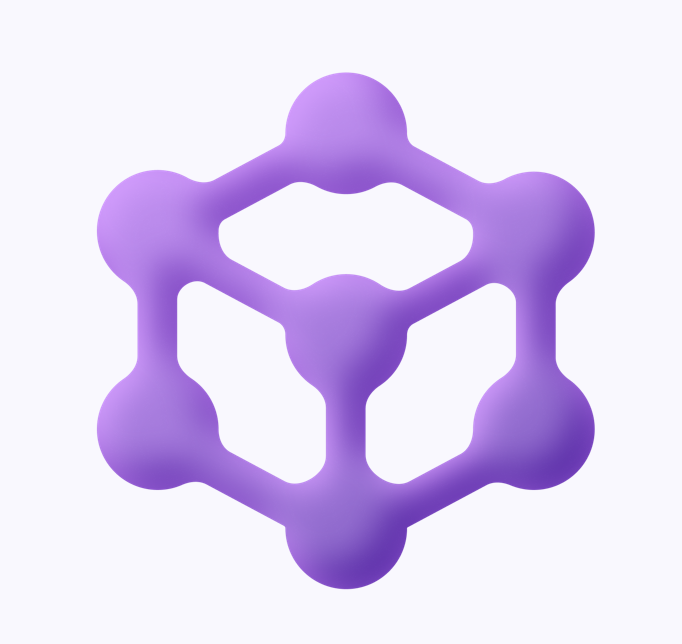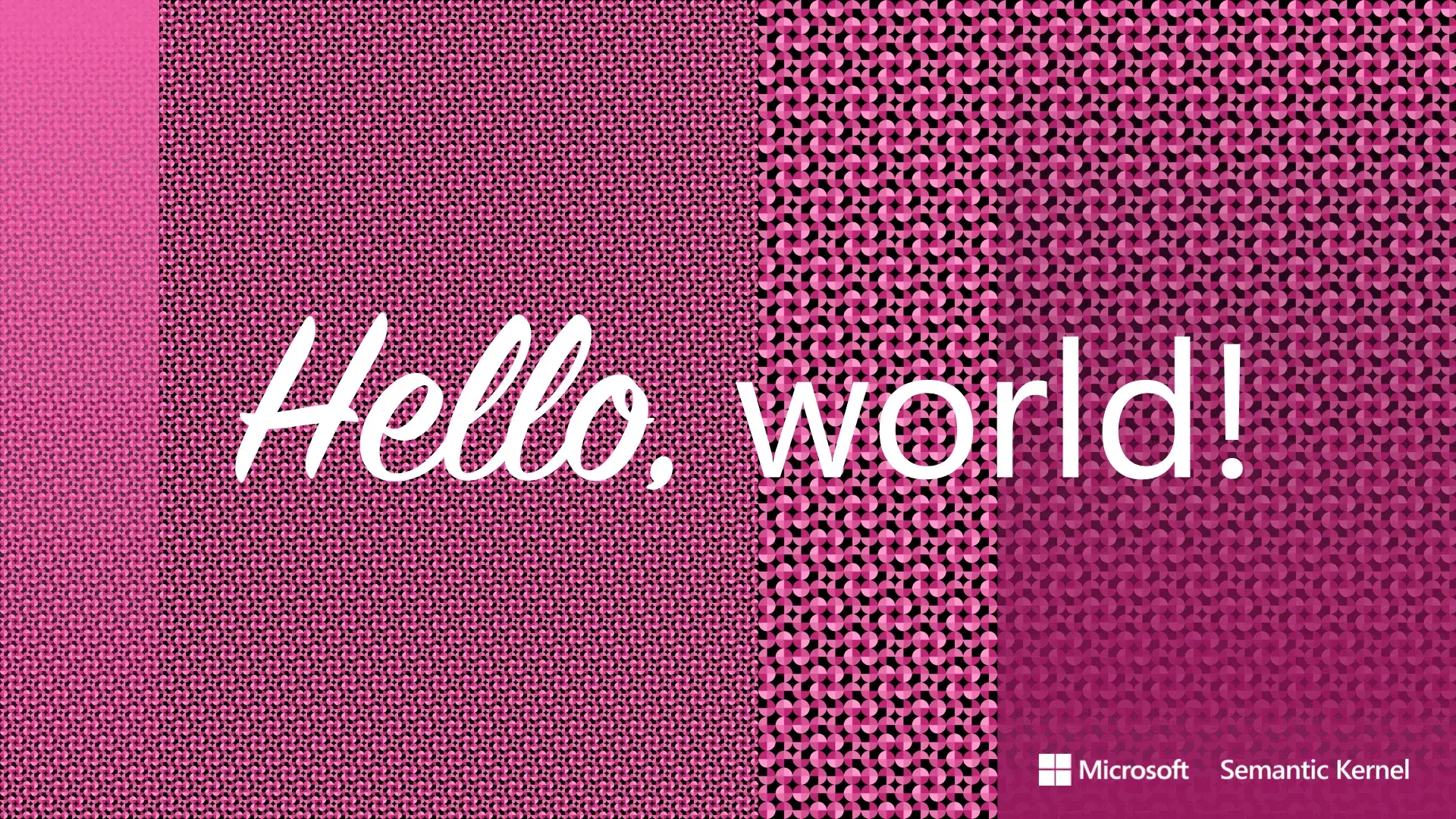Semantic Kernel
The latest news from the Semantic Kernel team for developers
Latest posts

Migrate your Semantic Kernel and AutoGen projects to Microsoft Agent Framework Release Candidate
We're thrilled to announce that Microsoft Agent Framework has reached Release Candidate status for both .NET and Python. Release Candidate is an important milestone on the road to General Availability — it means the API surface is stable, and all features that we intend to release with version 1.0 are complete. Now is the time to move your Semantic Kernel project to Microsoft Agent Framework and give us your feedback before final release. Whether you're building a single helpful assistant or orchestrating a team of specialized agents, Agent Framework gives you a consistent, multi-language foundation to do it. Wh...

From Local Models to Agent Workflows: Building a Deep Research Solution with Microsoft Agent Framework on Microsoft Foundry Local
Introduction: A New Paradigm for AI Application Development In enterprise AI application development, we often face this dilemma: while cloud-based large language models are powerful, issues such as data privacy, network latency, and cost control make many scenarios difficult to implement. Traditional local small models, although lightweight, lack complete development, evaluation, and orchestration frameworks. The combination of Microsoft Foundry Local and Agent Framework (MAF) provides an elegant solution to this dilemma. This article will guide you from zero to one in building a complete Deep Research agent w...

Build AI Agents with Claude Agent SDK and Microsoft Agent Framework
Microsoft Agent Framework now integrates with the Claude Agent SDK, enabling you to build AI agents powered by Claude's full agentic capabilities. This integration brings together the Agent Framework's consistent agent abstraction with Claude's powerful features, including file editing, code execution, function calling, streaming responses, multi-turn conversations, and Model Context Protocol (MCP) server integration — available in Python. Why Use Agent Framework with Claude Agent SDK? You can use the Claude Agent SDK on its own to build agents. So why use it through Agent Framework? Here are the key reasons: ...

Build AI Agents with GitHub Copilot SDK and Microsoft Agent Framework
Microsoft Agent Framework now integrates with the GitHub Copilot SDK, enabling you to build AI agents powered by GitHub Copilot. This integration brings together the Agent Framework's consistent agent abstraction with GitHub Copilot's capabilities, including function calling, streaming responses, multi-turn conversations, shell command execution, file operations, URL fetching, and Model Context Protocol (MCP) server integration — all available in both .NET and Python. Why Use Agent Framework with GitHub Copilot SDK? You can use the GitHub Copilot SDK on its own to build agents. So why use it through Agent Frame...

The “Golden Triangle” of Agentic Development with Microsoft Agent Framework: AG-UI, DevUI & OpenTelemetry Deep Dive
In the explosive era of Agentic AI, we're not just seeking more powerful models—we're searching for a development experience that lets developers actually get some sleep. When building Agents locally, we've traditionally faced three major challenges: Today, I'll walk you through a classic case from Microsoft Agent Framework Samples—GHModel.AI—to reveal the "Golden Triangle" development stack that perfectly solves these pain points: DevUI, AG-UI, and OpenTelemetry. Let's explore how this powerful combination empowers the entire local development lifecycle. Phase 1: Creation — Standing on t...

Unlocking Enterprise AI Complexity: Multi-Agent Orchestration with the Microsoft Agent Framework
The Architectural Imperative: Why Multi-Agent Orchestration is Essential In modern enterprise AI systems, the scope and complexity of real-world business challenges quickly exceed the capabilities of a single, monolithic AI Agent. Facing tasks like end-to-end customer journey management, multi-source data governance, or deep human-in-the-loop review processes, the fundamental architectural challenge shifts: How do we effectively coordinate and manage a network of specialized, atomic AI capabilities? Much like a high-performing corporation relies on specialized departments, we must transition from a single-execu...

Semantic Kernel and Microsoft Agent Framework
Last week we announced Microsoft Agent Framework, you can find all the details: I'm immensely proud of the work the team that brought you AutoGen and Semantic Kernel have done to create Microsoft Agent Framework. We really think it's a great step forward in building AI agents and applications, building on all the learnings we've had from creating AutoGen and Semantic Kernel. Please give a try and give us your feedback, we think you'll like it! If you've been building and shipping on Semantic Kernel, I'm sure you have questions. I've answered the most common here but, as always, you...

Encoding Changes for Template Arguments in Semantic Kernel
In previous versions of the Semantic Kernel, the encoding of template arguments was performed automatically if the argument type was a . The encoding was not applied for custom types, anonymous types, or collections. With the latest changes, we've introduced stricter rules: if automatic encoding is enabled (the default behavior), an exception will now be thrown when complex types are used as arguments. This enforces more secure template rendering by requiring developers to handle encoding manually for complex types and explicitly disable automatic encoding for those variables. This change promotes best practic...

Azure Authentication Changes in Semantic Kernel Python
In previous versions of the Semantic Kernel Python, the default fallback authentication mechanism for Azure services like was from the Azure Identity library. This provided a convenient way to authenticate without explicitly passing credentials, especially during development. However, with the latest package version , this fallback is being removed to encourage more secure and explicit authentication practices. If your code relied on this default behavior, you may encounter errors after updating, and you'll need to make minor code adjustments to continue using credential-based authentication. This post expla...
